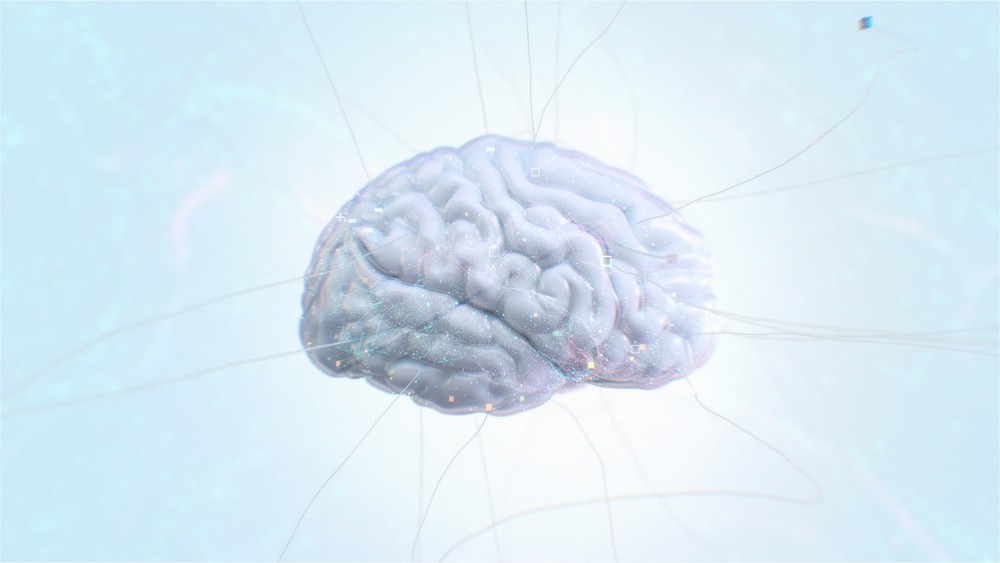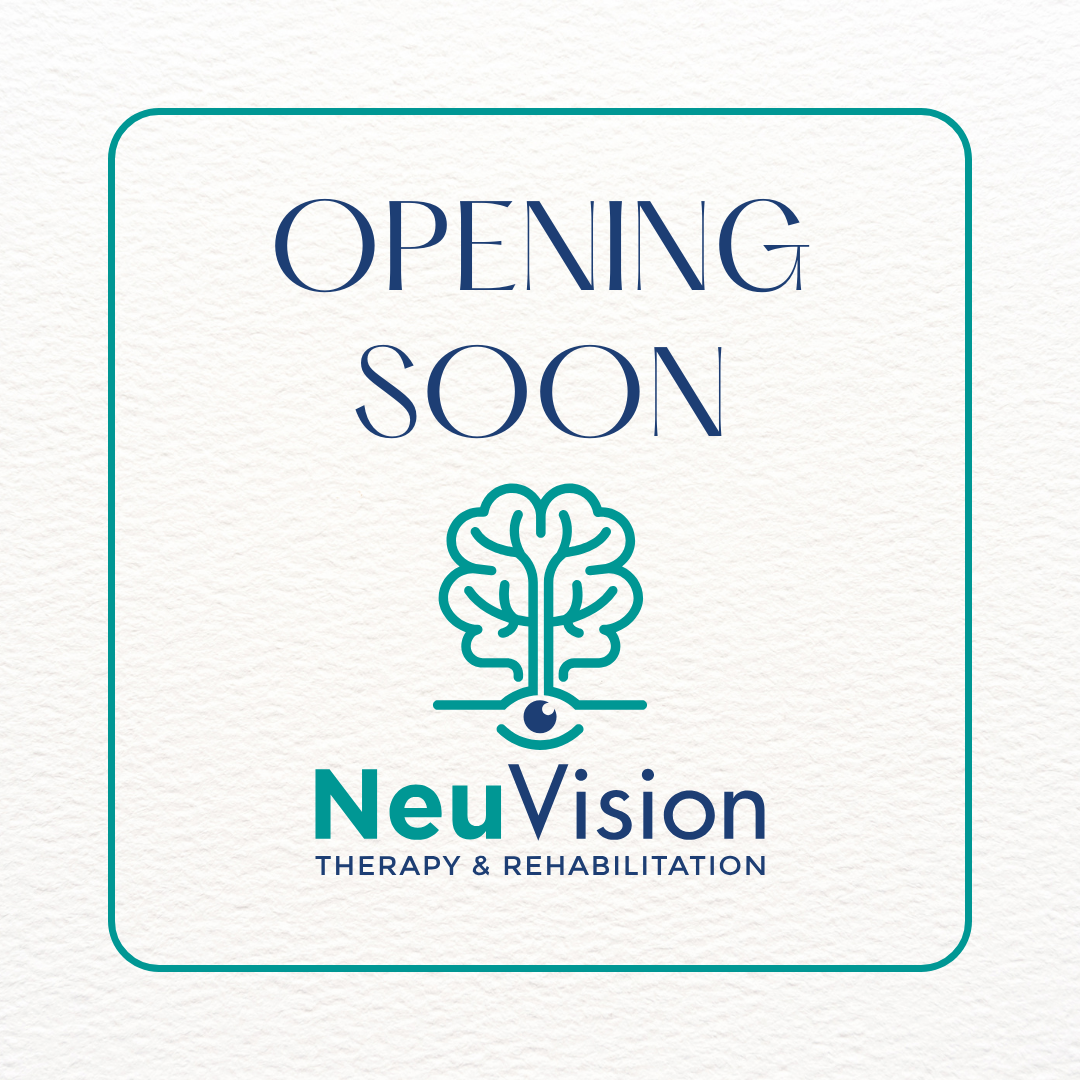
In today's fast-paced world, where accidents and injuries are an unfortunate reality, the need for appropriate and effective rehabilitation techniques has become paramount. Neuro-Optometric Rehabilitative Care is a specialized field that combines the expertise of optometry and neuroscience to address visual and neurological disorders. This personalized therapy has emerged as a powerful tool in aiding individuals who have suffered from conditions that affect their vision, balance, and overall quality of life.
What is Neuro-Optometric Rehabilitative Care?
Neuro-Optometric Rehabilitative Care is a multidisciplinary approach that focuses on the intricate connections between the eyes, brain, and body, recognizing that vision is not just a function of the eyes but also involves complex neural pathways and cognitive processes.
This innovative therapy is designed to assess and treat a wide range of conditions that affect visual function, balance, and overall well-being. By integrating appropriate diagnostic techniques and personalized treatment plans, Neuro-Optometric Rehabilitative Care aims to restore optimal visual performance, enhance cognitive abilities, and improve overall quality of life.
Common Conditions Treated by Neuro-Optometric Rehabilitation
Neuro-Optometric Rehabilitative Care is a versatile approach that addresses a wide range of conditions that affect visual function and neurological processes. Some of the common conditions that can be treated by this therapy include:
· Concussions and Traumatic Brain Injuries (TBIs): These injuries can cause visual disturbances, balance issues, and cognitive impairments.
· Developmental Disorders: Children with conditions like autism, dyslexia, or attention deficit disorders.
· Strokes: Visual deficits, such as visual field loss, double vision, and visual-spatial difficulties, are common after a stroke.
· Brain Tumors: Depending on the location and size of the tumor, individuals may experience visual problems, cognitive deficits, and balance issues.
· Palsies and Nystagmus: Conditions affecting the muscles responsible for eye movements, such as cranial nerve palsies or nystagmus (involuntary eye movements), can lead to double vision, dizziness, and visual discomfort.
How Neuro-Optometric Rehabilitative Care Works
Neuro-Optometric Rehabilitative Care is a multifaceted approach that combines various techniques and therapies to achieve optimal visual function and overall well-being. The process typically involves the following steps:
· Comprehensive Evaluation: The first step in Neuro-Optometric Rehabilitative Care is a thorough evaluation of your visual and neurological systems. This assessment may include tests for visual acuity, visual fields, eye movements, visual processing, balance, and cognitive function. The results of this evaluation will help the neuro-optometrist develop a personalized treatment plan tailored to your specific needs.
· Therapeutic Interventions: Based on the evaluation, the neuro-optometrist will recommend a combination of therapeutic interventions to address the identified areas of concern. A comprehensive approach that combines various techniques, such as visual-motor integration exercises, balance training, and cognitive rehabilitation, to address the interplay between vision, movement, and cognition may be recommended.
· Ongoing Monitoring and Adjustments: Throughout the rehabilitation process, the neuro-optometrist will closely monitor your progress and make necessary adjustments to the treatment plan. Regular follow-up evaluations will be conducted to assess your improvement and ensure that the therapy remains effective and tailored to your evolving needs.
· Home-Based Exercises: In addition to in-office therapy sessions, you will be provided with at-home exercises and activities to reinforce the skills learned during the rehabilitation process. These exercises can help maintain and enhance the progress achieved through the therapy.
The Benefits of Neuro-Optometric Rehabilitative Care
Neuro-Optometric Rehabilitative Care offers a wide range of benefits for individuals suffering from visual and neurological disorders. By addressing the intricate connections between the eyes, brain, and body, this therapy can provide a comprehensive solution for various conditions. Here are some of the key advantages of this innovative approach:
· Improved Visual Function
· Enhanced Balance and Coordination
· Cognitive Rehabilitation
· Reduced Symptoms and Discomfort
· Increased Independence and Quality of Life
· Personalized and Comprehensive Approach
· Collaboration with Other Healthcare Professionals
Schedule a Consultation with NeuVision Today
Neuro-Optometric Rehabilitative Care represents a transformative approach to addressing visual and neurological disorders, offering hope and empowerment to individuals seeking to regain their independence and improve their quality of life.
At NeuVision, we utilize personalized diagnostic tools and therapeutic interventions to assess and address visual issues, ensuring that patients receive the most effective and up-to-date treatments available. Our team is dedicated to providing individualized care, taking the time to understand each patient's unique challenges and goals to develop tailored treatment plans and coordinating with their other healthcare providers. Choosing NeuVision means accessing specialized expertise, comprehensive care, and a commitment to improving the lives of individuals with neurologically related visual impairments.
If you or a loved one are experiencing visual, neurological, or cognitive challenges, explore the transformative power of Neuro-Optometric Rehabilitative Care. Contact our experts at NeuVision in our Richfield, Minnesota, office. Please call/text (612) 200-3286 or email info@neuvisiontherapy.com to inquire today. https://www.neuvisiontherapy.com/binocular-vision-assessment.html







